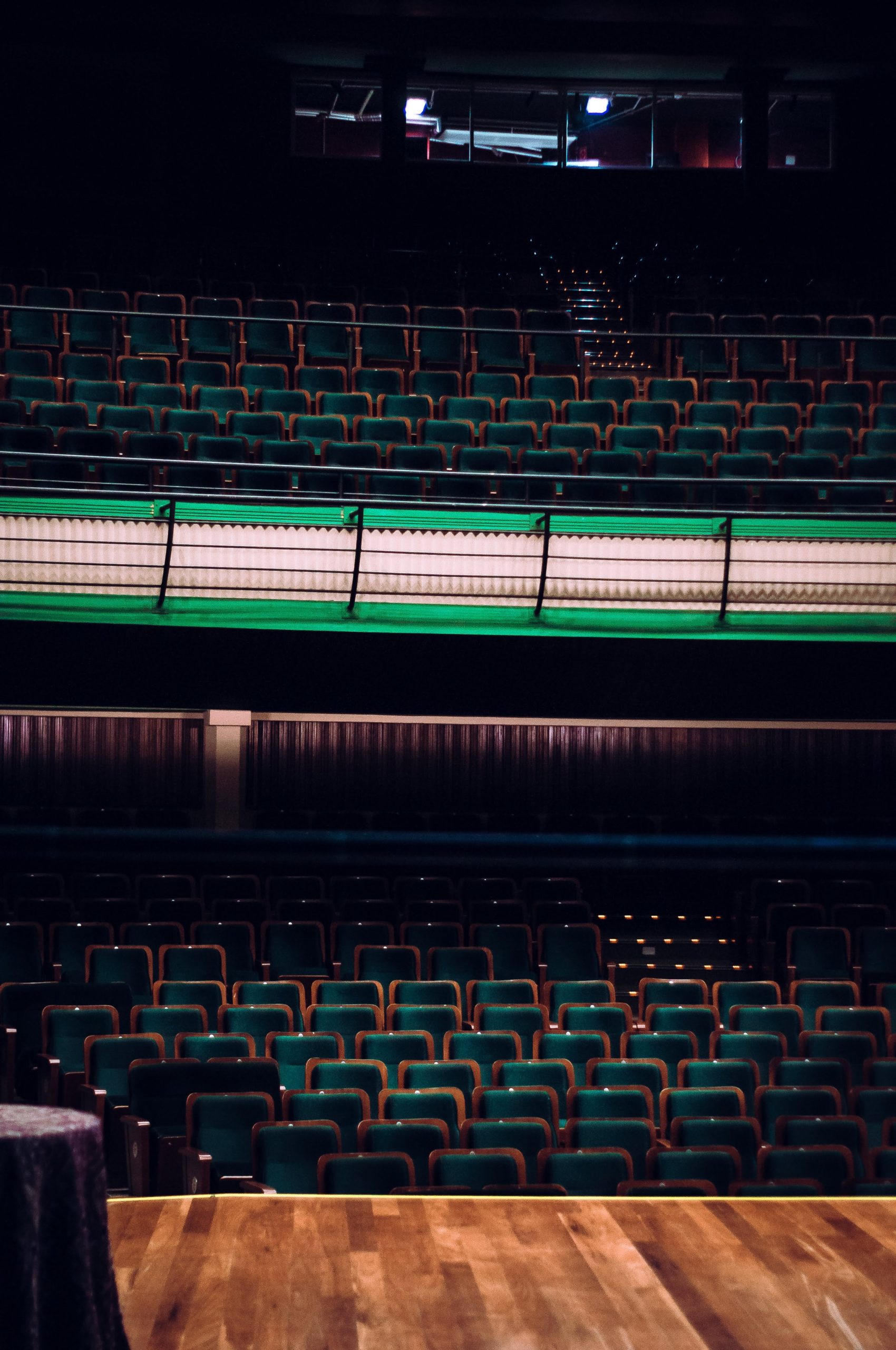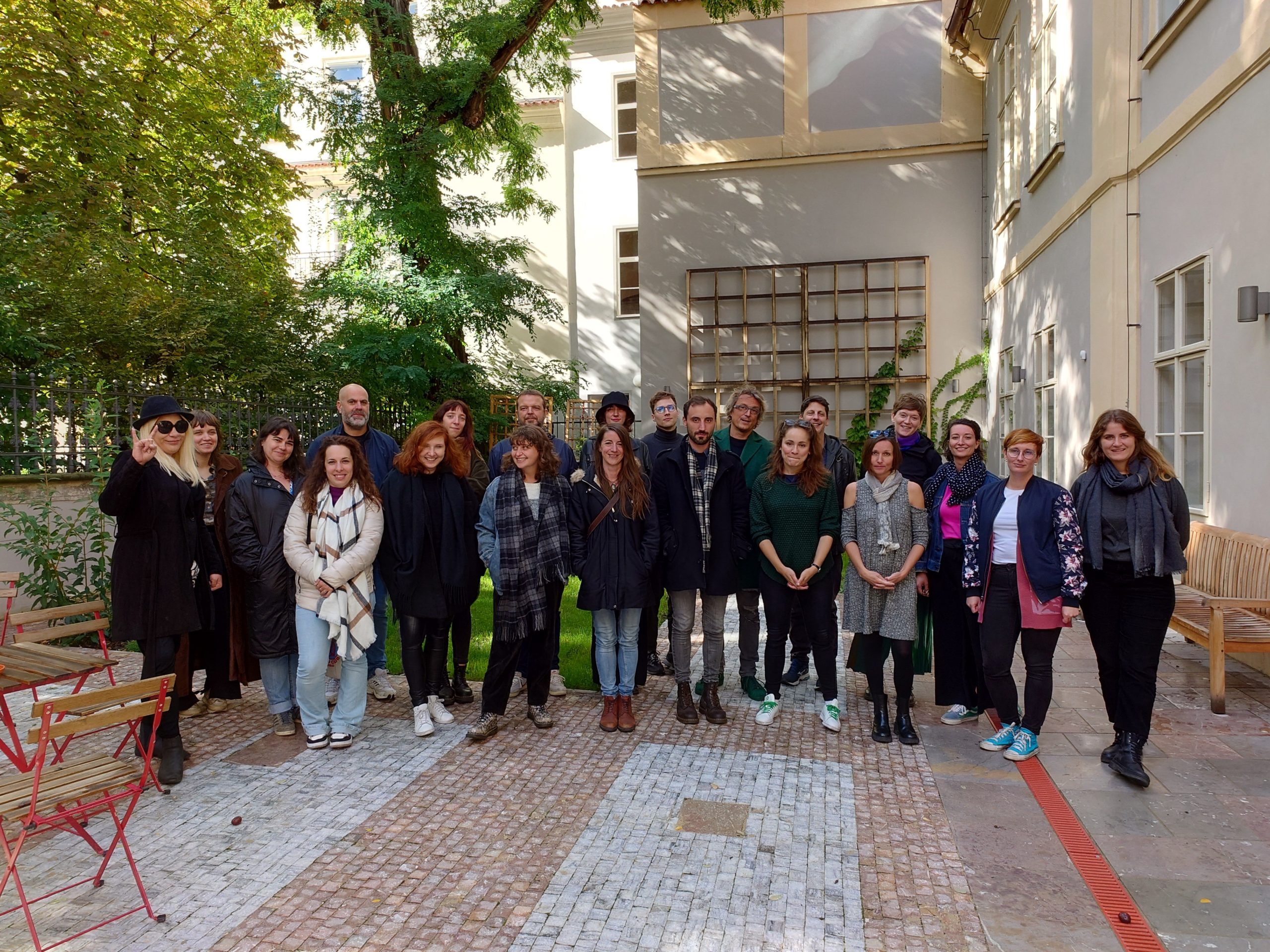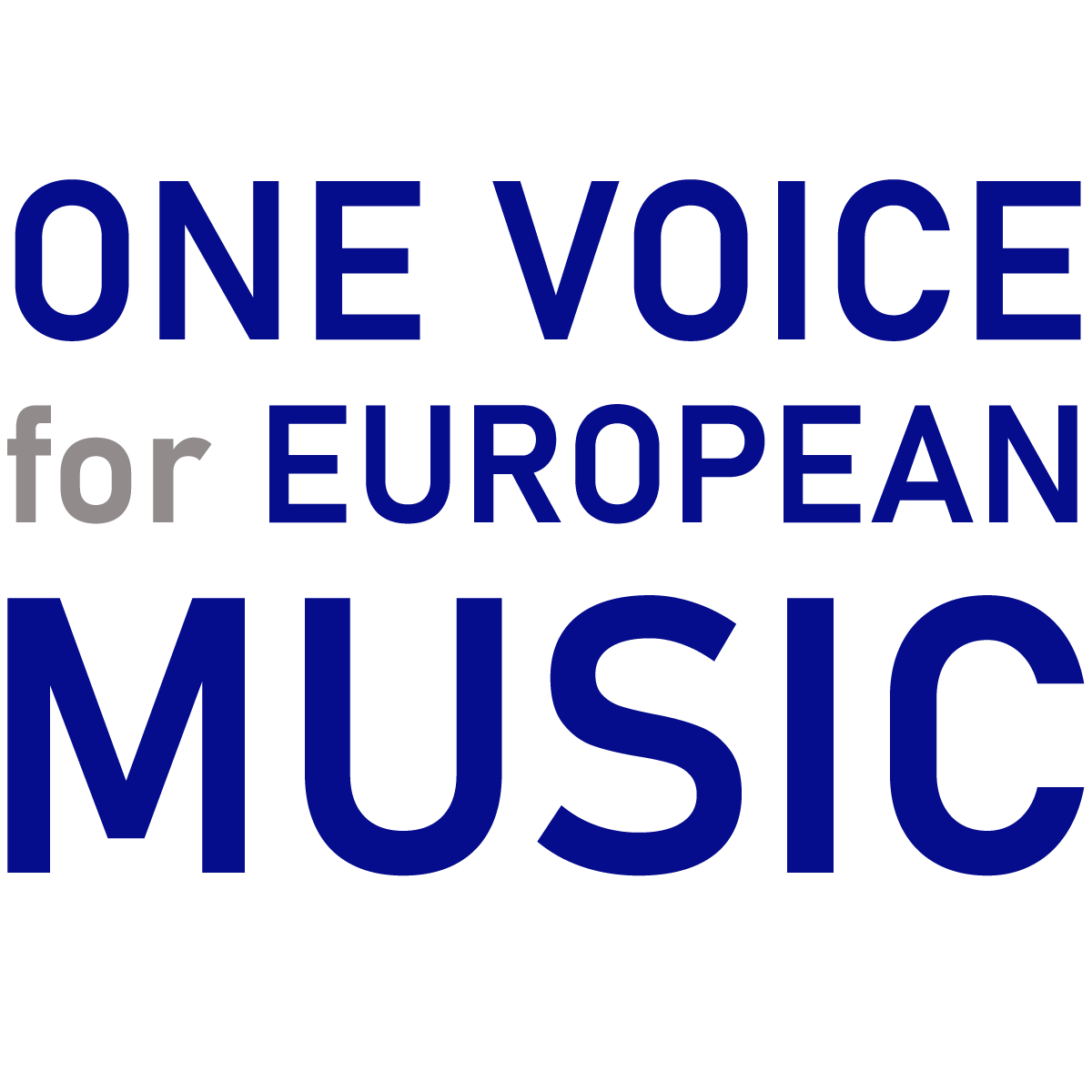One Voice under the Czech presidency
The functioning of small and medium-sized concert halls, key players for emerging artists
Recommendation 1: A Recognition of live music venues as cultural operators across Europe.
Music venues are an integral part of the music and more broadly cultural ecosystem, linked to talent development, employment, tourism, social welfare, trade (music instruments and PA, etc.), entertainment, catering industry, etc. just to mention a few. On a European level, venues are key stepping stones of cultural collaborations. They help to connect local
communities (artists, inhabitants, professionals) via international collaborations (cross promotions, artist residency programs, international production etc.) with their international peers. Unlike many other art forms, music venues are able to host together trade and culture under one roof in a way that is beneficial for all.
We recommend crafting a definition of “Live Music Venues”, agreed upon across the European Union, to help the European member states make more harmonized policies towards the venues and music in general. The working group members collected a few key attributes to help the definition, however they encourage a common minimum european criteria
to define this type of actors.


Recommendation 2: A European audience development strategy
Audience development has been a key theme for discussions and debates in many conferences globally. COVID lockdowns lasted long enough to estrange the once concert-going public and got many of them out of the habit of outdoor entertainment. Instead, many got more accustomed to the”Stay-At-Home Entertainment”.. Two years of lockdown was also enough to bring about new entertainment models for younger audiences who were never exposed to live concerts.
However, the full effect of live concerts cannot be reproduced in a home environment. The thrill, and joy to see one’s favourite artist playing live creates a healthier and more connected community and eases stress levels.
For potential audience rejuvenation and expansion there should first be a proper research strategy to collect and analyse data about audience preferences and behaviour, communications channels, etc. Secondly, recommendations to the venues can be worked out. In addition, it must be kept in mind that the trends are changing fast, therefore, the pace of data collection and research must keep up with it as well.
In addition to supporting venues to survive, we believe a strategy to boost concert visits via different schemes would have the required effect to slowly bring the public back to the venues. To mention a few examples:
- VAT cuts on Cultural events to ease the pressure on increasing tickets prices;
- free transportation with concert tickets.

Recommendation 3: Reduce and harmonize VAT for cultural goods and services
Harmonized, and reduced cultural taxation, is a long standing discussion within the EU Commission. This actual suggestion was already the part of the first set of One Voice For European Music recommendation coordinated by CNM.
Status of artists
Recommendation 1: A recognised, harmonised Pan-European definition of artists, and art related professions
In order to effectively support artists and art related professions, definitions have to be harmonised within the European Union. A significant number of member states currently are in lack of any definition, which creates a major objective for the music sector’s sustainable development.
Participants encourage the Eu Commission, via the European Music Desk possible working groups to create the definition of artists, and art related professions that all member states can use in the future.
Recommendation 2: recognised, harmonised, and credited research methodology, that EU Member States would agree to use as baseline information on the music sector
There is no overall methodology, agreed upon, by all EU member states when research data is collected on the music sector. That creates an obstacle to base recommendations at national levels towards EU member states, when the music sector is aiming for implementation of legislative changes.
We recommend the creation of an agreed, and harmonised music research methodology. This could be delivered by the European Music Observatory

Recommendation 3: A recognised Pan-European research on the turnover of music ecosystem
In order to set an EU wide applied social benefit structure for artists, and art-workers, more data and information is needed on the segmentation, and turnover of the music sector.
The Pan-European research could be the base of a social support model worked on by the European Music Desk.
Recommendation 4: Creation of a social support scheme for artists, and art professionals
We recommend the creation of an -Pan- European model, on the social support methodology for artists, and art workers. This methodology can be the base of EU member states to implement in their countries. Via this model, European programs such as Next Generation EU could be implemented more effectively.
SoundCzech, an organisation committed to supporting the Czech music scene and financed by the Ministry of Culture of the Czech Republic, followed up the One Voice for European Music initiative. Between 1 July and 31 December 2022, two priority themes were addressed :
- the status of artists (in partnership with IDU, IMMF, SAI)
- the functioning of small and medium-sized concert halls, key players for emerging artists
The recommendations are the result of the working groups that took place on 28 September 2022 in Prague.
On the 5th of December at the Czech Embassy- Stockholm linked with a Czech – Swedish trade mission, SoundCzech with the publishing of recommendations will pass over the coordination of the One Voice for European Music initiative to Musiksverige -Sweden.


